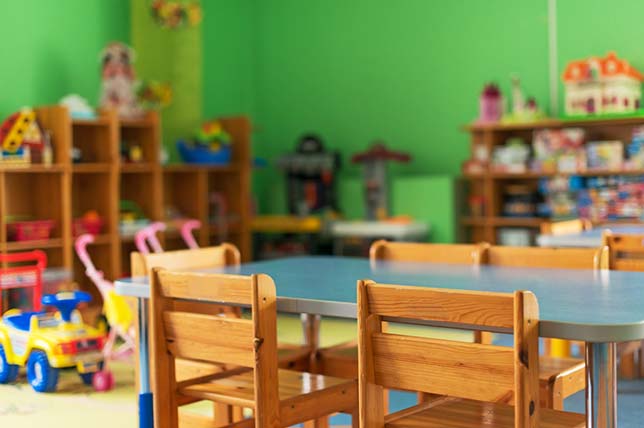School Culture
Suspending Elementary School Students Linked to Future Behavioral Problems
When students are suspended in kindergarten and first grade, a new study finds, it can lead more suspensions in later grades and less time spent on early learning experiences.

Suspension in the elementary school years can lead to more suspensions in middle and high school, according to a study from Louisiana State University researchers. However, the earliest suspensions can have a lasting effect on a child's development since time out of the classroom means less time spent on early learning experiences.
"Not only are children who are suspended at a young age missing out on time spent in early learning experiences, but they are also less likely to be referred to services and supports that they need to thrive in later years," according to the study.
The researchers took data from the Truancy Assessment and Service Centers program at LSU from 2007 and compared it to data from the Department of Education on elementary school suspensions from 2008 and 2010. The data showed that the most frequent behavioral problem was disruptive behavior about 30 percent of suspensions, followed by lack of student engagement at 27.66 percent.
The researchers were able to make the following conclusions:
- Boys displayed more behavioral problems than girls (such as aggression, defiance and disruptive behaviors).
- Almost 25 percent of boys were suspended in the 2008–2009 and 2009–2010 school years, compared to less than 9 percent of girls in both years.
- For boys, race is also significantly associated with suspension, with more African American boys getting suspended in the early years.
- For girls, the disruptive behaviors and lack of parental involvement were significantly associated with a greater likelihood of suspension.
The findings from the study led the researchers to conclude that more resources should be allocated to help students stay in school such as behavioral specialists or social workers can evaluate students.
"If a student is suspended, then they lose instruction time and they are more likely to be disengaged in school. They are more likely to drop out in school. According to a Department of Education report, a student who is suspended or expelled during preschool or elementary school is 10 times more likely to face jail time later in life. We want to do intervention early as much as possible," said Mi-Youn Yang, an assistant professor at LSU and lead author of the study.
The study is available for download from the Children and Youth Services Review here.
About the Author
 Sara Friedman is a reporter/producer for Campus Technology, THE Journal and STEAM Universe covering education policy and a wide range of other public-sector IT topics.
Sara Friedman is a reporter/producer for Campus Technology, THE Journal and STEAM Universe covering education policy and a wide range of other public-sector IT topics.
Friedman is a graduate of Ithaca College, where she studied journalism, politics and international communications.
Friedman can be contacted at [email protected] or follow her on Twitter @SaraEFriedman.
Click here for previous articles by Friedman.